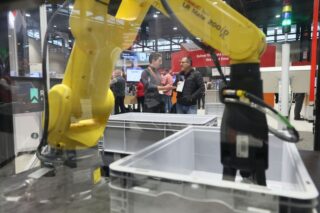UK-based mining company Cornish Lithium has become the first organization to successfully produce lithium hydroxide monohydrate (LHM) mined and refined in the UK. At a demonstration plant, controlled by Rockwell Automation’s PlantPAx modern DCS, the company has used innovative low-carbon processing technology to create vital raw material for lithium-ion batteries.
As the Automation Fair, Rockwell Automation‘s flagship event, opens this week in Chicago, our journalist Abigail Saltmarsh is on-site to cover it for DirectIndustry. Ahead of the event, she met with representatives from both Cornish Lithium and Rockwell Automation.
Europe’s Largest Lithium Deposits
For Jeremy Wrathall, Founder and Executive Chairman, Cornish Lithium, critical minerals, including lithium, have become hugely important globally.
“The first lithium-ion battery was only commercialized in 1991, but it’s rapidly become integral to everything we use in modern life. That is why we’ve been designated a nationally significant infrastructure project, because the UK government fully recognizes how important it is to have a domestic supply. This has been an amazing journey. It’s also been quite challenging but very, very satisfying – and the latest results are testament to that.”
Cornwall is believed to be home to the largest lithium deposits in Europe. This English county could have enough lithium to power at least 50% of all EVs expected to be produced in the UK by 2030.
Towards a New Refining Plant
Following the success of its demonstration facility at the Trevalour Project, near St Austell, Cornish Lithium plans to build a full-scale lithium processing and refining plant. This plant will have an annual capacity of up to 10,000 tonnes of battery-grade LHM. It is expected to commence full-scale production in 2029.
The company also aims to carry out responsible extraction, with minimal environmental impact, from both hard rock and geothermal waters at the site. The recently produced LHM comes from granite mined from a former China clay quarry. This lithium was also extracted back in World War II for use in submarine air conditioning.
“Most lithium in the world from hard rock sources is sourced from a mineral called spodumene, which is very, very difficult to treat,” Mr. Wrathall explained. “The only way of treating it and extracting the lithium is to heat it to 1000°C.”
And the only place that can currently do that is in China.
“But this is a different mineral. It’s a lithium in a mica, a flaky mineral that’s been previously used for glitter, for makeup and parties,” said Mr. Wrathall. “The crucial difference here is that we can extract the lithium from that particular mineral without high temperature roasting and without dependence on China.”

Flexible and Scalable
The company used a cutting-edge technology developed by Australian group Lepidico which involves much lower carbon emissions. The refined LHM is currently being created entirely at the custom-built, state-of-the-art Trelavour Demonstration Plant.
Here, all processing stages, from crushing and grinding the rock to the separation of the lithium-bearing minerals, are carried out. Rockwell Automation’s PlantPAx modern DCS provides a single, plant-wide control system and high flexibility within the demonstration facility.
“We chose Rockwell after doing a comprehensive scan of the people who might be able to work with us on this and found Rockwell was the best we could find,” Mr. Wrathall continued.
Malcolm Mudimu is the in charge of Business Development Hydrogen and Carbon Capture, Usage, and Storage (CCUS) at Rockwell. He was pleased to offer a solution that is flexible, scalable and easily configurable.
“It is easily maintainable for operators and requires less training and retraining for staff,” he said. “It can be used by anyone, so the Cornish Lithium team can use it by themselves – it can be used by local system integrators, or Rockwell can support them on their journey as well. “It allows Cornish Lithium to have agility – it helps with predictable maintenance, improved diagnostics.”
Read also
Working Together
Mr. Wrathall suggested most commentators now expect lithium demand to grow from 1.3 million tonnes today to about 3 million tonnes by 2030 and 4 to 5 million tonnes by 2035.
“This is because electric cars will become even more mainstream and battery energy storage will grow,” he observed. “Lithium is already an essential component of modern life – it goes into your laptop, mobile phone, electric car. And, also importantly, it goes into drones and drones have now become the pre-eminent defence technology.”
Cornish Lithium is now looking forward to an exciting future, when production can scale up from the demonstration facility to the full plant.
“Rockwell’s instrumentation and control mechanism has allowed us to optimize, and, quite frankly, stress our system – to change things and adopt things,” he added.”
Read also
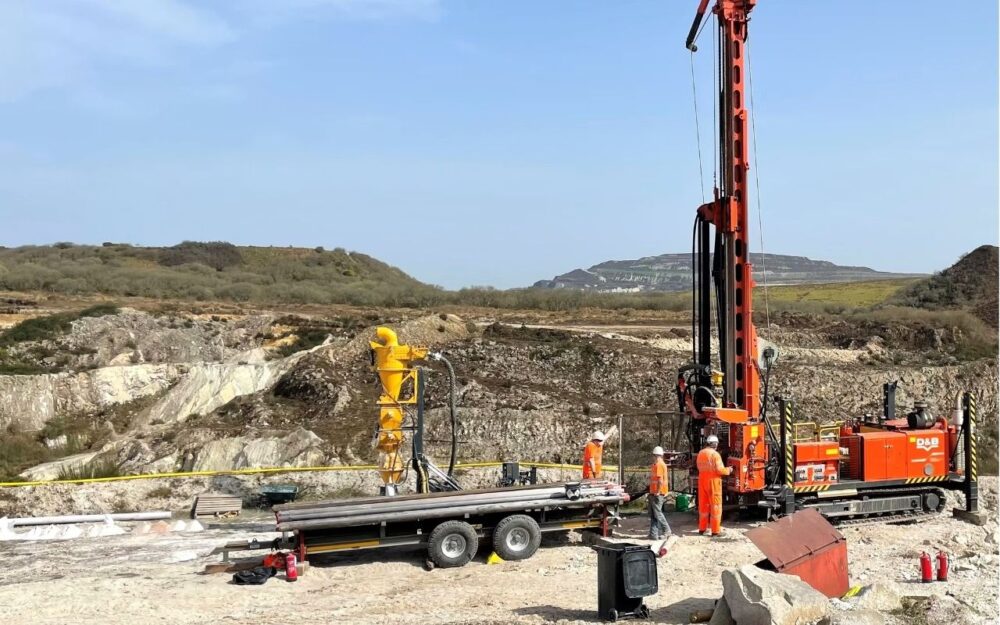

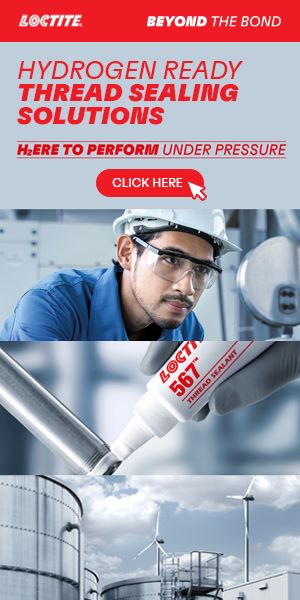
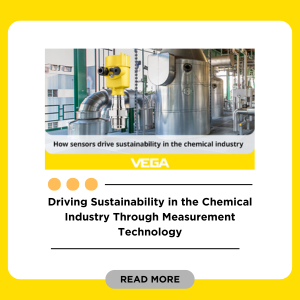

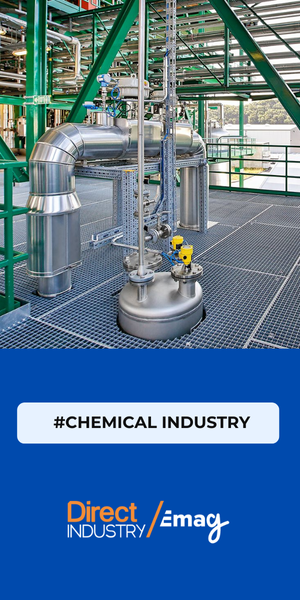
![Image [Best of 2025] How Generative AI Is Transforming Industry](/wp-content/uploads/sites/3/AI-4-320x213.jpg)
![Image [BUYING GUIDE] How to Choose the Right Industrial Robot?](/wp-content/uploads/sites/3/Industrial-Robot-320x213.jpg)
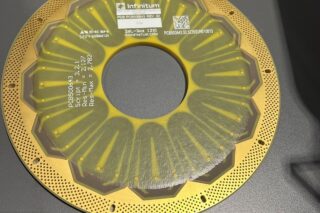
![Image [Buying Guide] How to Choose the Right Safety Shoes?](/wp-content/uploads/sites/3/Safety-Shoes-320x213.jpg)

